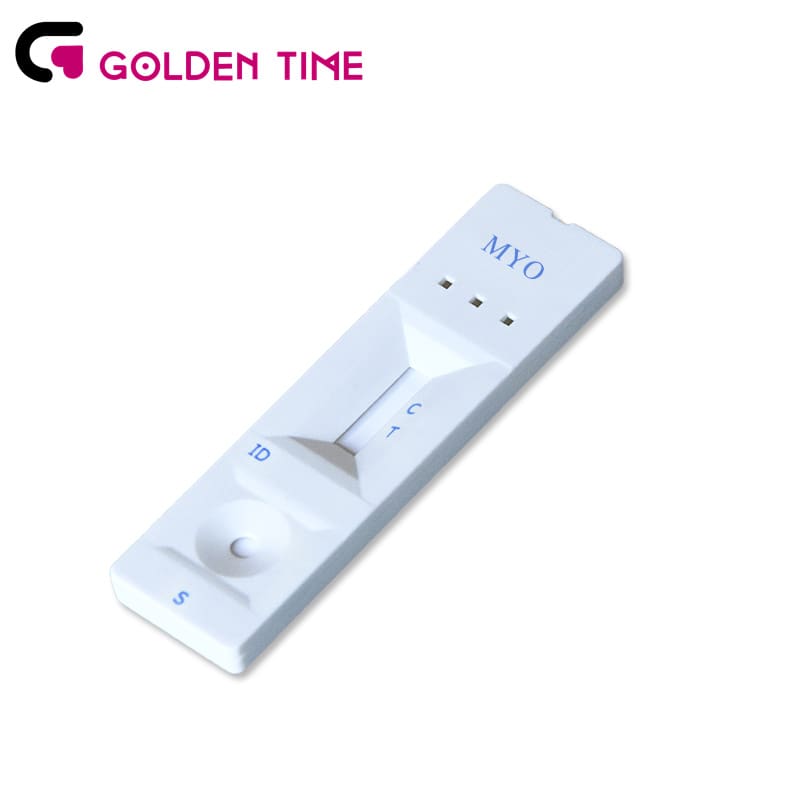Nov . 19, 2024 10:18 Back to list
wholesale rapid syphilis test
The Importance of Wholesale Rapid Syphilis Testing
Syphilis, a sexually transmitted infection (STI) caused by the bacterium Treponema pallidum, has seen a resurgence in recent years. In many parts of the world, the incidence of syphilis has risen alarmingly, raising concerns among public health officials about its implications for both individual health and broader public health strategies. One of the critical tools in managing this resurgence is the wholesale supply of rapid syphilis tests, which are pivotal for early detection, treatment, and prevention efforts.
Understanding Rapid Syphilis Testing
Rapid syphilis tests are diagnostic tools designed to detect the presence of antibodies to syphilis in a patient's blood. These tests offer the advantage of delivering results within minutes, which can be crucial for timely treatment and reducing the risk of transmission. The tests are generally easy to administer, require minimal training, and can be performed in various settings, including clinics, hospitals, and even community outreach programs.
The wholesale provision of these tests ensures that healthcare providers have easy access to reliable testing resources. By streamlining the supply chain and reducing costs, wholesale rapid syphilis tests can be made available to a wider range of facilities, including those in underserved areas where traditional laboratory testing may not be feasible. This is particularly important in regions with high rates of syphilis transmission, where quick access to testing can significantly curb the spread of the infection.
Benefits of Rapid Testing
The benefits of rapid syphilis testing extend beyond mere convenience. Quick diagnosis allows for immediate treatment, which is crucial in mitigating the adverse effects of untreated syphilis. If left unaddressed, syphilis can lead to serious health complications, including neurological damage, cardiovascular problems, and in pregnant women, congenital syphilis in newborns, which can be fatal or lead to severe developmental issues.
wholesale rapid syphilis test

From a public health perspective, widespread access to rapid syphilis testing can enhance surveillance and awareness of STIs. With more individuals getting tested, health agencies can better track infection rates, understand transmission dynamics, and tailor educational campaigns to address the needs of specific populations. Furthermore, rapid testing encourages individuals to seek help, particularly those who may have hesitated due to stigma or lack of knowledge about STIs.
Challenges and Considerations
Despite these advantages, the implementation of wholesale rapid syphilis testing is not without its challenges. The accuracy of rapid tests can vary, and false-positive or false-negative results can occur, leading to unnecessary anxiety or treatment delays. Thus, it is essential for healthcare providers to follow up with confirmatory testing when a rapid test result is positive.
Moreover, public awareness and education about the importance of regular STI testing are critical. Many individuals remain unaware of their risk factors or the potential consequences of untreated syphilis. Efforts must be made to reduce the stigma associated with STIs, thus encouraging more individuals to seek testing.
Conclusion
In conclusion, wholesale rapid syphilis testing represents an essential strategy in the fight against this resurgent STI. By facilitating quick diagnoses, ensuring broader access to testing, and allowing for immediate treatment, rapid tests can play a significant role in reducing the overall burden of syphilis. As public health officials work to combat the rising rates of syphilis, the availability of rapid tests will be a vital component of effective strategies aimed at improving sexual health and preventing future infections. Public education, improved access to healthcare, and commitment to evidence-based practices will together create a robust framework for addressing this pressing health issue.
-
Premium Empty ABS Plastic Cassettes: Durable & Lightweight Storage
NewsAug.01,2025
-
Accurate Cocaine (Coc) Rapid Test Kit | Fast & Reliable Detection
NewsJul.31,2025
-
Accurate HCG Pregnancy Test Strips | Fast Home Use Kit
NewsJul.31,2025
-
Reliable Early Pregnancy Test Kit Supplier - Multi Plastic Cassette Options
NewsJul.30,2025
-
Transferrin Rapid Test Cassette – Reliable Tumor Marker Detection
NewsJul.29,2025
-
Accurate Follicle Stimulating Hormone Test Kit | Rapid Reliable Results
NewsJul.29,2025

